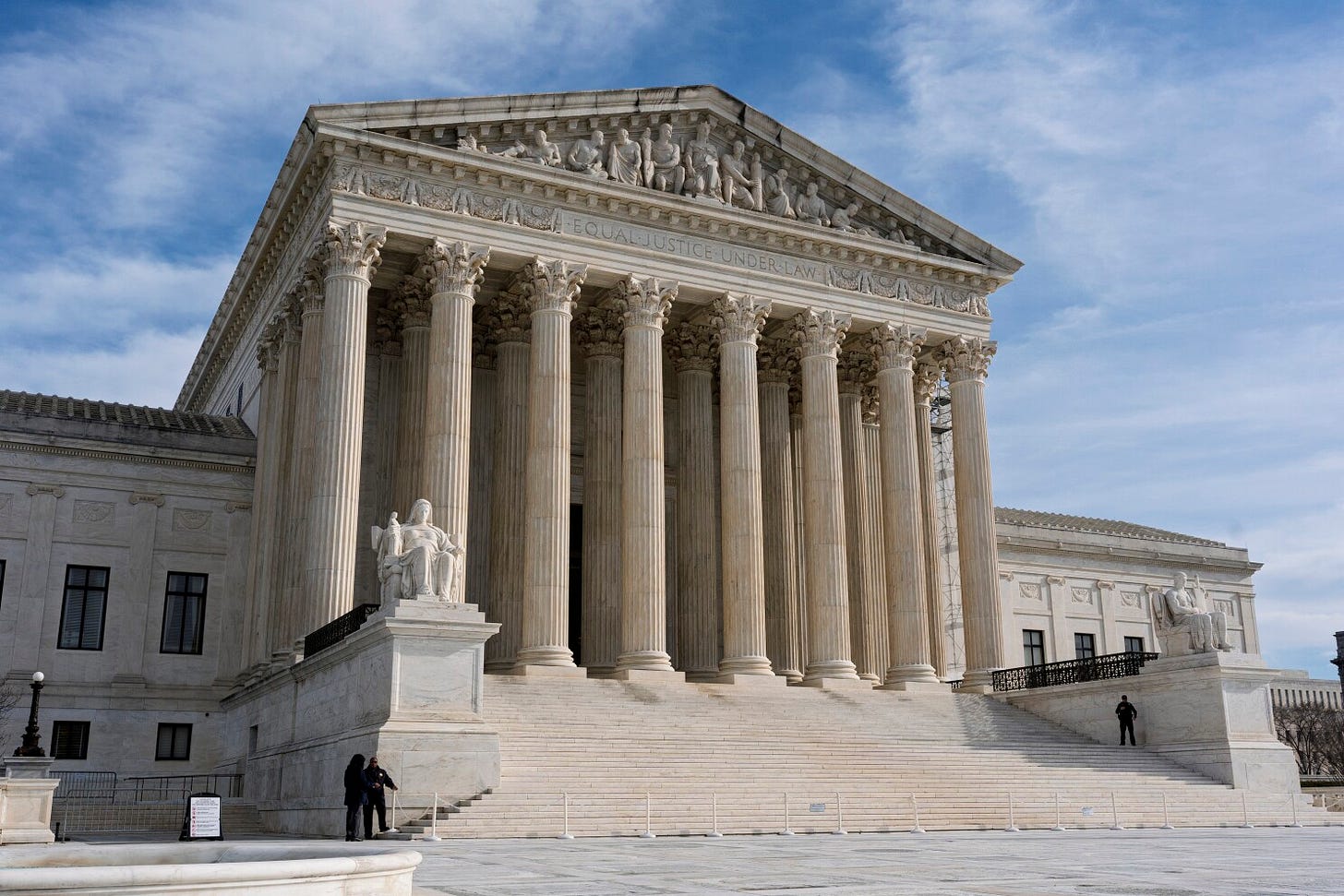RFK Jr., the Supreme Court, and the Quiet Takeover of Public Health
A recent SCOTUS decision is potentially very concerning
On June 27, 2025, the Supreme Court handed down a major decision in Kennedy v. Braidwood Management, Inc., resolving a constitutional challenge to the U.S. Preventive Services Task Force (USPSTF). The case was brought by businesses objecting to the Affordable Care Act’s mandate that insurers cover preventive services graded “A” or “B” by the USPSTF and raised a technical but critical question: are Task Force members “principal officers” requiring Senate confirmation, or “inferior officers” who can be appointed directly by the Secretary of Health and Human Services?
In a 6–3 decision, the Court ruled that USPSTF members are inferior officers who may constitutionally be appointed by the Secretary of HHS—currently Robert F. Kennedy Jr. The Court found that these appointees are sufficiently supervised because they are removable at will and their recommendations are subject to review before taking effect. Though this preserves the legality of the ACA’s no-cost preventive care mandates, it opens a much more troubling door: it confirms that RFK Jr. now holds sweeping authority to stack a critical panel that helps determine what preventive services must be covered by insurance in the United States.
This decision, in isolation, might seem like a win for maintaining the ACA. However, RFK Jr. has a well-documented history of promoting discredited medical claims, from HIV denialism to anti-vaccine rhetoric. Kennedy is now legally empowered to appoint whoever he sees fit to a body that influences access to cancer screenings, vaccines, PrEP for HIV, statins, and more—without needing congressional oversight. Even though the ACA specifies a year-long buffer before recommendations become binding, that’s little reassurance if the new USPSTF stops making them altogether.
The Court leaned heavily on past precedent to argue that at-will removal and the Secretary’s review authority make these members clearly inferior officers, but the implications are profound: the ruling effectively insulates Kennedy’s ideological influence over preventive care decisions. For a public health system already under strain from misinformation and erosion of trust, this sets the stage for politically driven medicine dressed up as scientific neutrality.
The greater concern isn’t the technical classification of officers—it’s the consolidation of health policy power in the hands of someone who has repeatedly undermined public health institutions. With control of appointments and the ability to block coverage-triggering recommendations, RFK Jr. could, in effect, throttle access to evidence-based preventive services that don’t align with his worldview.
The Court may have resolved a constitutional ambiguity, but the ruling affirms something far more alarming: Robert F. Kennedy Jr. now has the legal tools to reshape preventive healthcare in America. If recent history is any guide, then science may soon take a back seat to politics.
Although not required, any support is greatly appreciated.





Thank you for the clear explanation.
Once again fucking morons